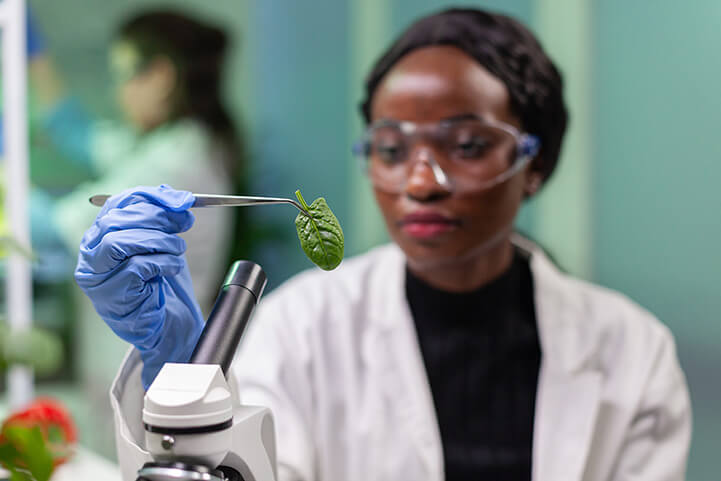- Co-Chair1 : Prof. Agnès Binagwaho, Rector/Vice-Chancellor, University of Global Health Equity (Rwanda)
- Co-Chair2 : Prof. Nicholas MEDA Former Health Minister (Burkina Faso)
- Panelist1 : Prof Cato T. Laurencin, M.D., Ph.D. Chief Executive Officer The Cato T. Laurencin Institute for Regenerative Engineering University of Connecticut (USA)
- Panelist2 : Dr. Michèle Verschoore, Medical Director, Research & Innovation, L’Oréal (France)
- Panelist3: Prof. Suzanne Kiwanuka, DDS, MPH, PhD Senior Lecturer, Department of Health Policy Planning and Management Makerere University College of Health Sciences, School of Public Health (Uganda)
- Panelist4 : Prof. Fatou Samba Ndiaye, President of the Association of Women Doctors (AFEMS) (Senegal)
- Panelist5 : Prof. Ndeye Coumba Touré Kane, Rector of El hadji Ibrahima Niasse University of Sine Saloum, member of the ANSTS “One Health” group (Senegal)
Special Guests
- Prof Estelle Youl, (Virtual)
- GFF
- Prof. Moulay Ahmed Ennour Lamrani, Chairman of the ‘Institution Lamrani’ Group and the School of Economics, Business and Engineering.(Morocco)
- Dr Mame Nahé Diouf, ISRA

